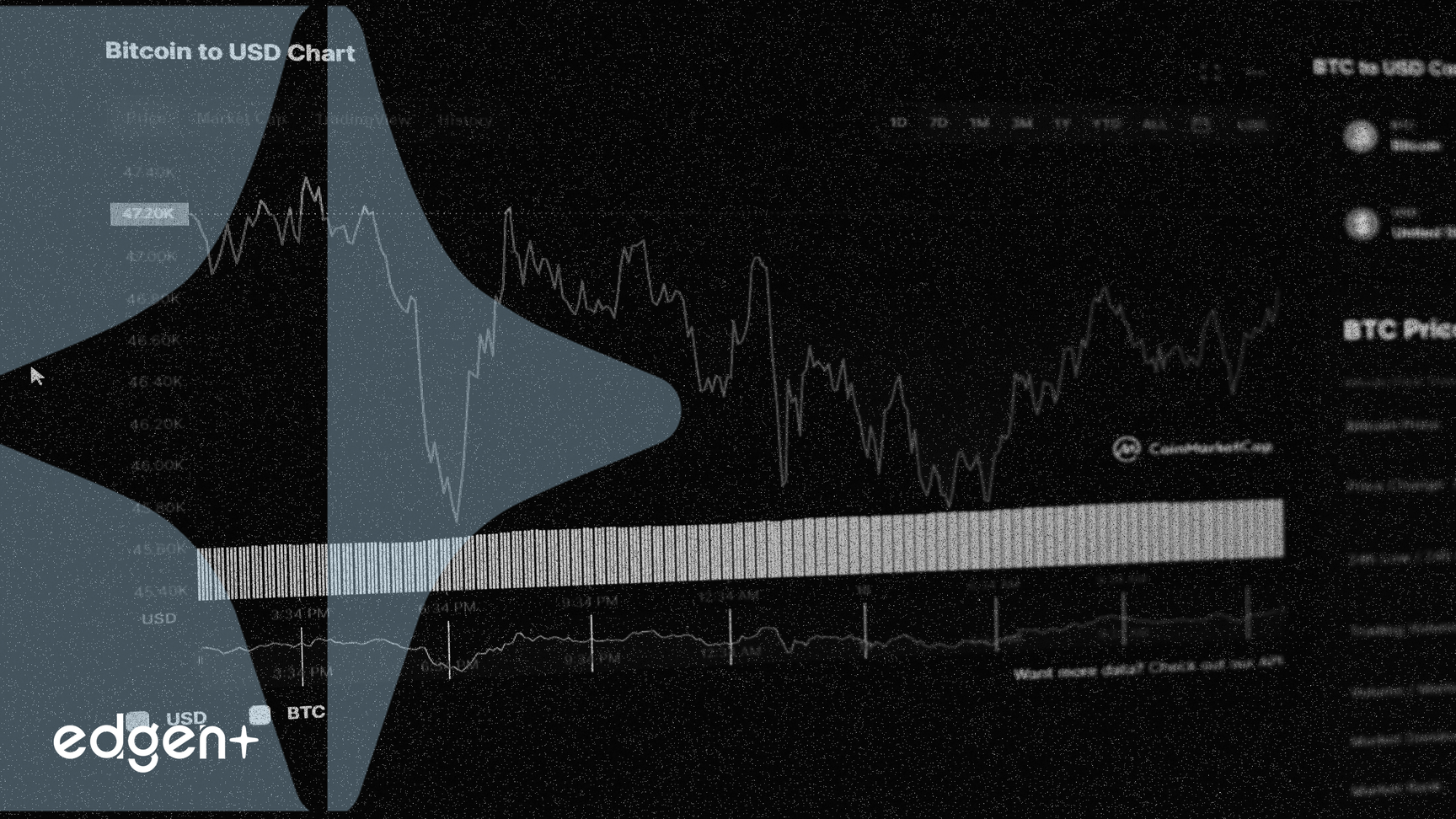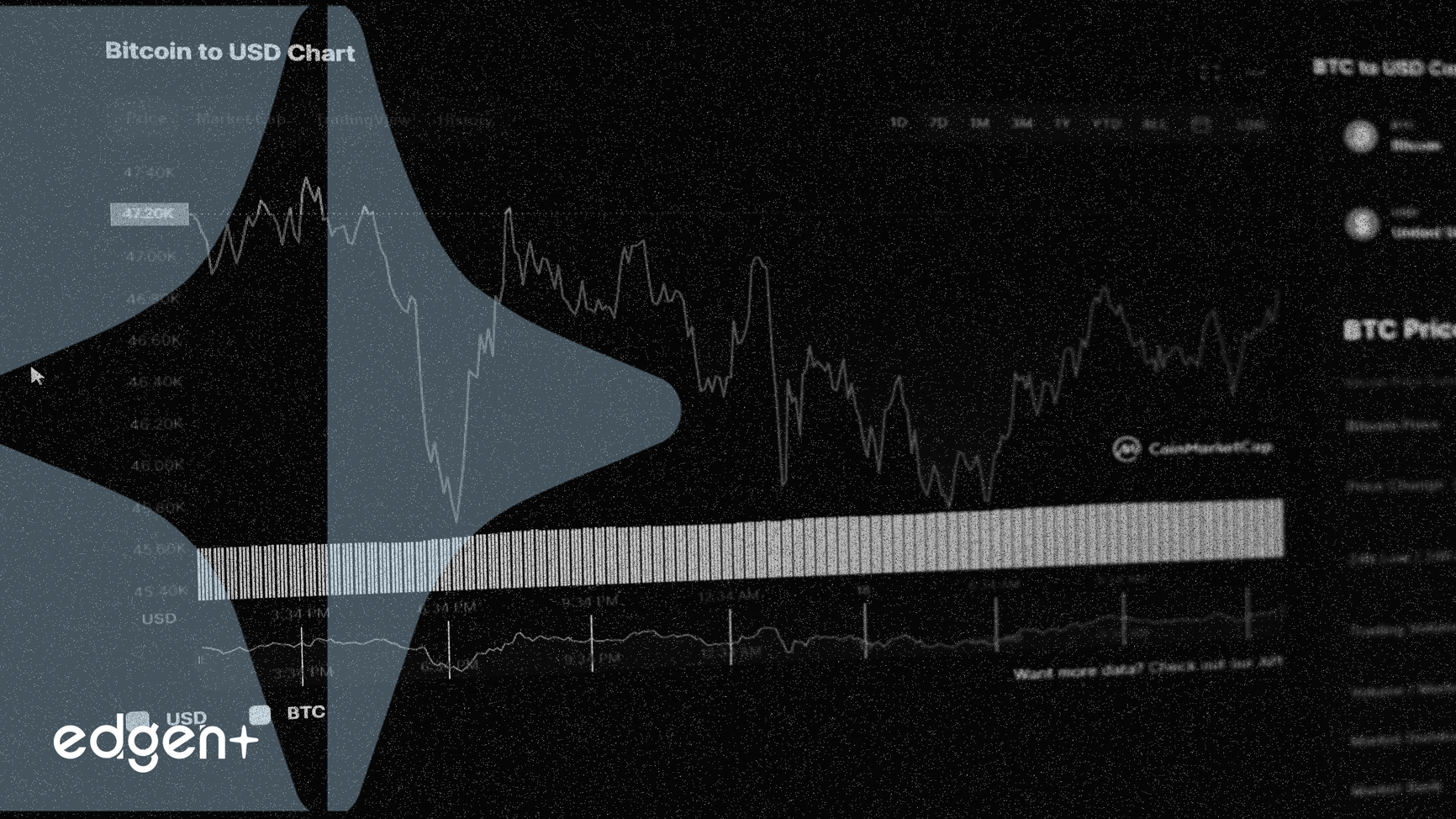Eli Lilly's $5 billion investment in U.S. manufacturing underscores a strategic push for supply chain resilience, while Nvidia faces significant headwinds in China due to regulatory actions. Concurrently, Tesla navigates a U.S. safety investigation into its Model Y doors, with its stock performance notably bolstered by CEO Elon Musk's substantial share purchase, highlighting divergent market responses to corporate developments.
Market Overview
U.S. equities saw varied movements across sectors as investors digested significant corporate announcements and geopolitical developments. Eli Lilly and Company (LLY) unveiled a substantial investment in domestic manufacturing, signaling a strategic shift. Meanwhile, Nvidia Corporation (NVDA) confronted escalating regulatory challenges and reduced demand in the critical Chinese market. Concurrently, Tesla Inc. (TSLA) experienced a stock surge, primarily driven by insider buying, even as it became subject to a new U.S. auto safety investigation.
Eli Lilly's Strategic Manufacturing Expansion
Eli Lilly announced plans for a $5 billion investment in a new state-of-the-art manufacturing facility in Goochland County, Virginia. This initiative marks the first of four new U.S. manufacturing sites, forming part of the company's broader commitment to deploy at least $27 billion across its manufacturing footprint, building on $23 billion in investments since 2020. The Virginia plant will be Eli Lilly's first dedicated U.S. site for its bioconjugate platform, focusing on the production of active pharmaceutical ingredients (API) for targeted cancer drugs, antibody drug conjugates (ADCs), and monoclonal antibody treatments. Notably, this investment is aimed at non-GLP-1 drugs, expanding capacity for treatments in cancer, Alzheimer's, and autoimmune diseases.
This strategic move is driven by a desire to enhance manufacturing capacity, bring more production in-house, and build supply chain resilience. Eli Lilly CEO Dave Ricks cited the favorable U.S. tax environment, with a permanent 21% base rate, as a key factor enticing domestic investment. The facility is projected to commence operations within five years, creating 650 permanent jobs and 1,800 construction jobs. On the day of the announcement, Eli Lilly stock (LLY) advanced by 2.21%, closing at $764.71, reflecting a positive investor reception to the long-term growth and supply chain stability prospects.
Nvidia Confronts Deepening China Challenges
Nvidia is facing significant headwinds in China, following directives from the country's internet regulator, the Cyberspace Administration of China (CAC). The CAC has reportedly instructed major Chinese technology firms, including ByteDance and Alibaba, to cease purchases of Nvidia's AI chips, specifically the RTX Pro 6000D, and to cancel existing orders. This action is part of a broader Chinese strategy to reduce reliance on U.S. technology amidst escalating U.S.-China trade tensions.
The impact on Nvidia is substantial, with the company anticipating an $8 billion reduction in sales for the upcoming quarter due to tightening U.S. regulations and China's response. Nvidia CEO Jensen Huang has stated that China's $50 billion AI chip market is now "effectively closed to U.S. industry" for its most advanced data center products, representing a drastic decline from the company's previous 95% market share. Compounding these challenges, China has accused Nvidia of violating anti-monopoly laws related to its 2020 acquisition of Mellanox Technologies. Nvidia stock (NVDA) declined by 1% in premarket trading following these reports, indicating investor concern over the long-term implications of these market restrictions.
Tesla's Dual Narrative: Safety Probe Versus Investor Confidence
Tesla Inc. (TSLA) stock saw a notable increase, extending a six-day winning streak, even as the company became the subject of a U.S. auto safety investigation. The National Highway Traffic Safety Administration (NHTSA) initiated a preliminary evaluation into 2021 Model Y vehicles following multiple reports of malfunctioning electronic door locks. These reports detail instances where occupants were trapped, with some drivers resorting to breaking windows to gain entry, particularly when children were in the rear seats. The investigation aims to determine the extent and seriousness of the problem, focusing on the power supply for the door locks and their reliability, especially concerning external access and potential entrapment risks.
Despite the regulatory scrutiny, Tesla shares advanced by approximately 2% on the day, building on a five-day rally that delivered an 18% return and added roughly $243 billion to the company's market valuation, which now stands at about $1.3 trillion. This surge was largely fueled by CEO Elon Musk's purchase of approximately 2.6 million Tesla shares, valued at nearly $1 billion, across several transactions. This marked Musk's first open-market buy since February 2020 and was interpreted by investors as a strong vote of confidence in the company's long-term prospects. While analyst ratings remain mixed, with a consensus "Hold" recommendation and some estimating a potential downside from current price levels, Musk's insider buying appears to have overshadowed immediate concerns over product reliability and regulatory issues.
Market Implications and Broader Context
The events of the day highlight several overarching market themes. Eli Lilly's significant investment reflects a broader industry trend towards reshoring pharmaceutical production, driven by supply chain vulnerabilities exposed during the pandemic and favorable domestic tax policies. This move could enhance the Healthcare Sector's resilience and reduce reliance on international manufacturing.
Conversely, Nvidia's challenges in China underscore the intensifying geopolitical tensions between the U.S. and China, particularly concerning advanced technology and semiconductors. The U.S. Commerce Department and White House policies aimed at restricting China's access to advanced chips are leading to a fragmentation of the global tech supply chain. This climate of uncertainty is prompting multinational companies to delay investments and diversify suppliers, profoundly impacting the Technology Sector and potentially reshaping global trade dynamics.
Tesla's situation encapsulates the complex interplay between innovation, regulatory oversight, and investor sentiment. While the company exhibits strong financial health—with a current ratio of 2.04 and a debt-to-equity ratio of 0.17, alongside impressive revenue growth of 20.7% over three years—its high valuation metrics, such as a P/E ratio of 237.14, are predicated on continued growth and flawless execution. The recurring product reliability concerns and regulatory investigations, contrasted with the strong signal from insider buying, create a nuanced picture for the Automotive Sector and its investors.
Expert Perspectives
Regarding Tesla's recent stock performance, William Blair analyst Jed Dorsheimer commented on Elon Musk's share purchases, stating,
"We see this as a clear signal of confidence from Musk."
This sentiment reflects how key figures' actions can influence market perception, often outweighing immediate negative news. However, the broader analyst community maintains a cautious stance on Tesla's valuation, with estimates suggesting potential downside from current levels.
Outlook
The coming weeks will likely see continued monitoring of these developments. For Eli Lilly, the focus will be on the execution and progress of its new manufacturing facility and how it integrates into the company's broader growth strategy for non-GLP-1 drugs. For Nvidia, the evolving regulatory landscape in China and the potential for further restrictions will be crucial in determining its market share and revenue outlook in a key global market. Investors will also watch for any signs of de-escalation or alternative strategies to mitigate the impact of trade tensions.
Tesla will face ongoing scrutiny from the NHTSA regarding the Model Y door lock issue, which could lead to potential recalls or software fixes. The market will also observe how Tesla addresses its broader product reliability concerns while balancing its ambitious technology development plans, such as robotaxis. The interplay of regulatory actions, geopolitical dynamics, and corporate strategic responses will continue to shape the performance of these significant market players in the near term.



